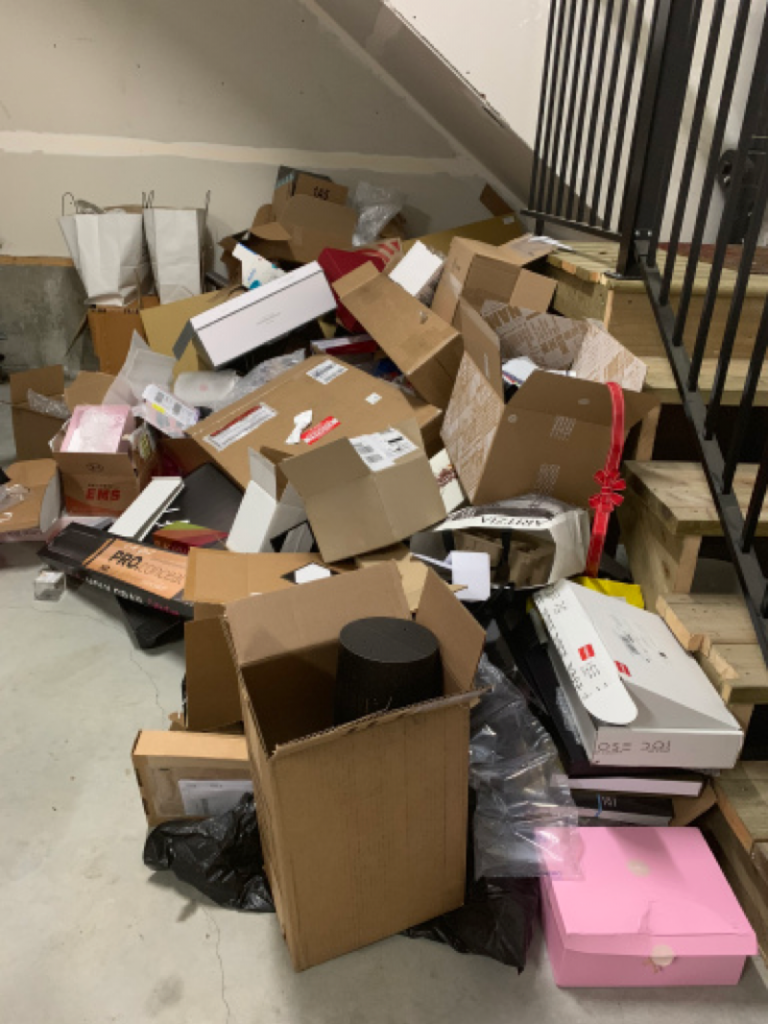29 Nov 29th November It’s Time To Influence For Good…
With a growing trend for ‘haul videos’ and click-bait titles like “I spent £300 in Primark”, YouTube Influencers have played and are playing a significant part in supporting fast fashion. As a result, I argue that influencers need to start re-addressing the message they are instilling to their audience.

Why?
Fashion YouTubers especially have glamorised and fuelled the consumerist society we live in. From this, it inspires viewers to purchase items, spend money on seasonal trends and typically support companies without questioning the sustainability of the productsas we should all start to do.
YouTubers, otherwise known as “influencers” develop a relationship with their followers alike a friendship. This has shown to create a level of trust that leads to greater motivation to follow advice given.
“Six out of ten viewers listen toYouTubers’ advice more than a regular celebrity when thinking of a purchase. (O’Neil-Hart & Blumenstein 2016.)”
YouTubers’ impact on viewers’ buying behavior
Having watched YouTube from a young age, it has left me with these beliefs and assumptions:
• If you’ve got a special event/holiday coming up, this means buying a new outfit and accessories – “getting glammed up”
I think this is best summarised by Tim Kasser, a psychologist at Knox College and author of The High Price of Materialism – “The American dream wasn’t freedom anymore, it was freedom with a two-car garage and a fancy refrigerator.”
• Different seasons involve different outfits.
• Fast fashion isn’t really that bad if it means you’ve got 20 new outfits and you get to try everything on.
I know not all YouTubers produce haul videos, however, YouTubers have such a significant impact on viewers and companies regarding trends associated with fashion, spending and consumption.
So what should YouTubers start doing?
Influencers have a responsibility to educate themselves and their audience about the impact that fashion has on the environment. For example, just one cotton t-shirt takes 2,700 gallons of water to produce, so why emphasise price over product? What alternative fabrics can we use? How can YouTubers make alternatives more easily accessible?
It could be that YouTubers break the myth around sustainable fashion being expensiveor reduce the shame against outfit repeating. Or it may be that influencers start exploring second hand clothing, different ways of styling clothes that last across seasons or suggesting ways to create capsule wardrobes.
Not only can influencers educate themselves and their audience, but they can choose to support local businesses or sustainable companies. They can ask that companies use recycled packaging or less packaging instead of the extravagant stints that brands like Beauty Blender have done previously.
The rubbish accumulated after YouTuber Samantha Ravandahl’s Unboxing PR boxes video
Note, in an ideal world we should aim to reduce our consumption as opposed to finding alternatives. However, I acknowledge that their (Youtubers) jobs revolves around promoting brands, and thus reducing consumption may not always be an option.
So yes, there is a lot influencers can do for the environment and a lot of change they can inspire. But, is it all the influencer’s responsibility?
No.
Companies have a long way to go ensuring that their practices do the least damage for the environment possible. This involves extensive considerations in production, transport, marketing strategies, energy-use, carbon emissions, waste etc.
Likewise, governments have a duty to set laws and raise the bar of what companies are expected to do for the environment in order to acquire the label as an ethical brand.
The buzz word “sustainable” can no longer be taken advantage of by greenwashing marketing campaigns making false claims to be “environmentally friendly”.
And how about you?
What does the role of the consumer have?

It doesn’t just have to be about boycotting the influencer, but you can ask these influencers to change the content they are producing and suggest alternative content, like sharing their journey towards being more environmentally conscious.
Everyone wants to follow the fashion trends and stay “stylish” but this can be achieved without buying the same items influencers promote in their videos, and on their Instagrams. Instead, start thinking about buying preloved clothes, swapping items with friends and family or shopping at sustainable businesses!
For those on a budget, clothes swapping is the best option for you. Dopplle is a startup company, co-founded by a University of Bath student – Izzie Hurst. Dopplle aims to bring affordable, sustainable living to University Students by encouraging them to swap clothes. In the new year, Dopplle will launch a clothes swapping app, where any student can swap clothing with others in their University. They have also run several physical clothes swaps, collaborating with University societies and other student run businesses.
Written by Kristie To – a BSc Psychology student at the University of Bath, currently working as a research assistant at the BBC in R&D for her Year in Industry.
Personal Blog: The Thought Archives


